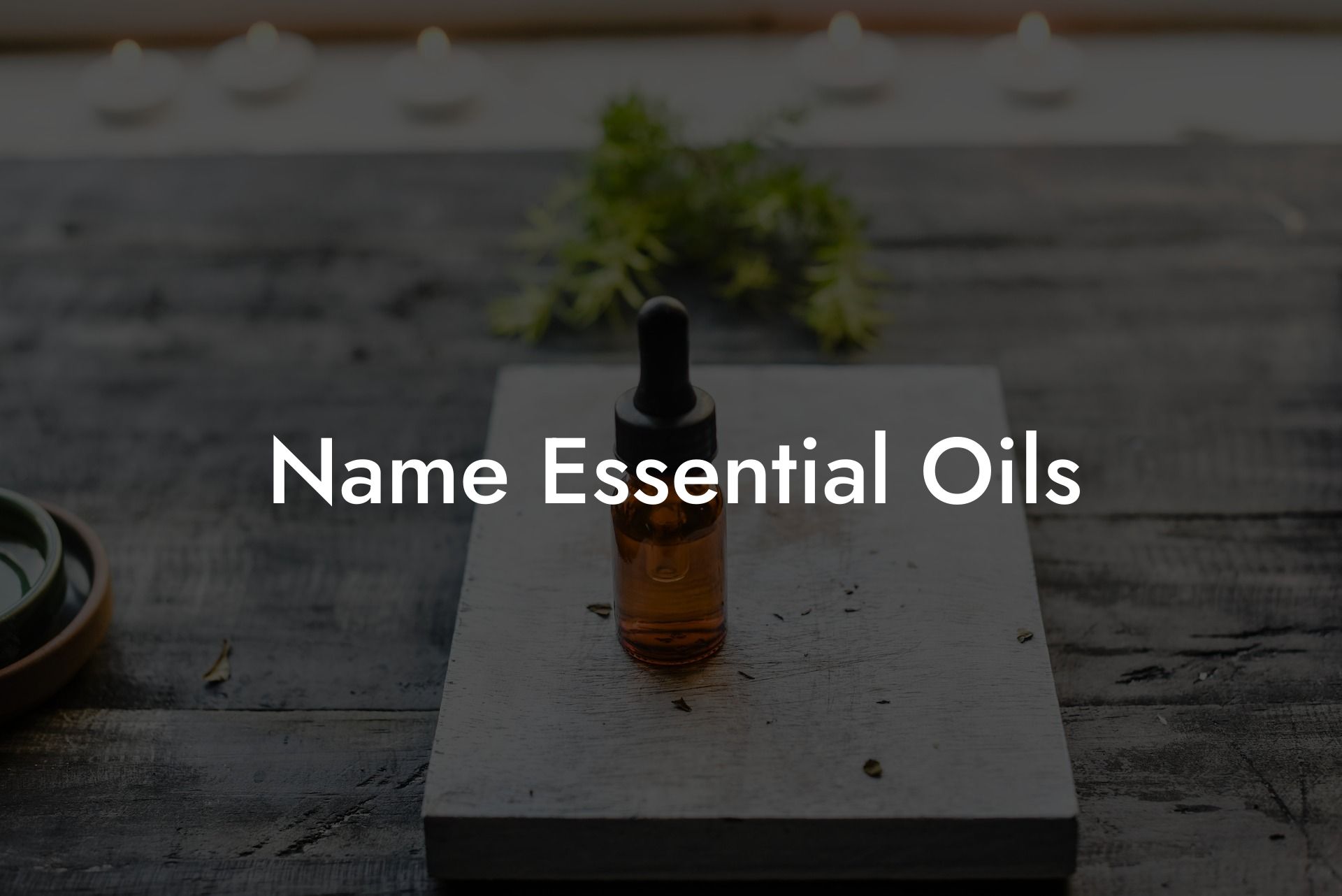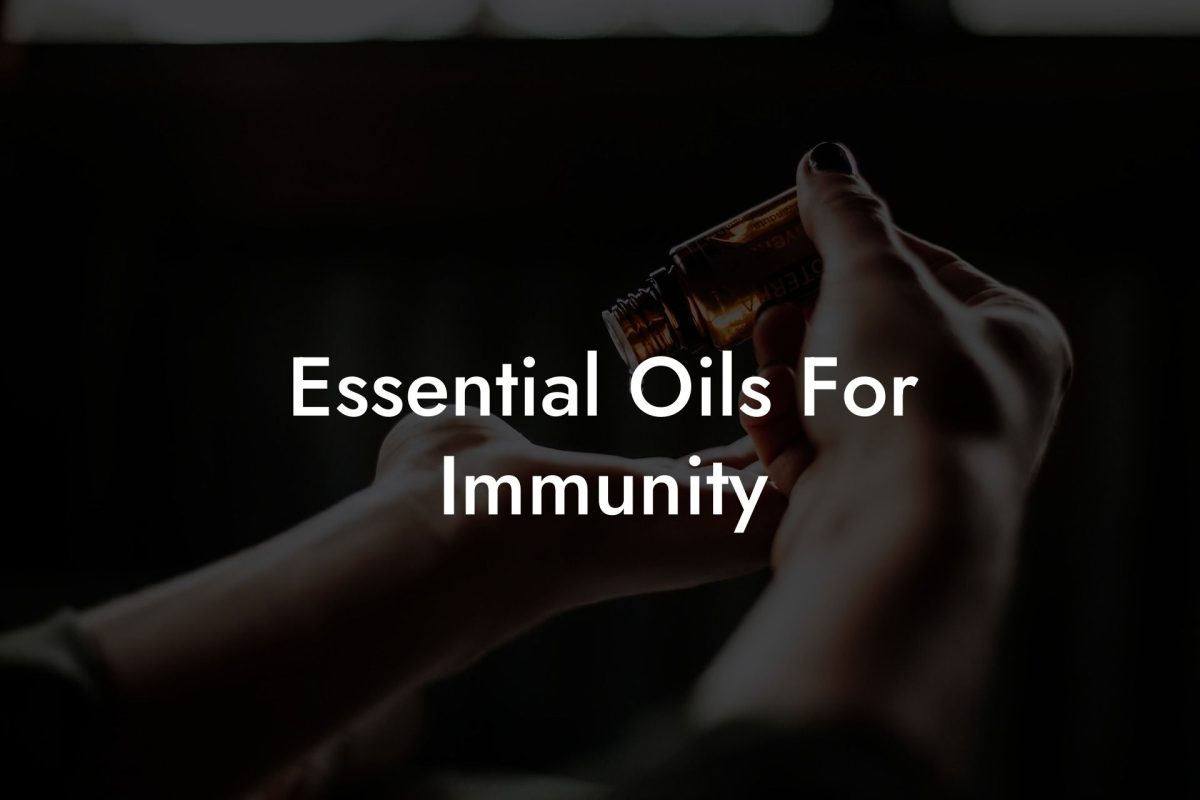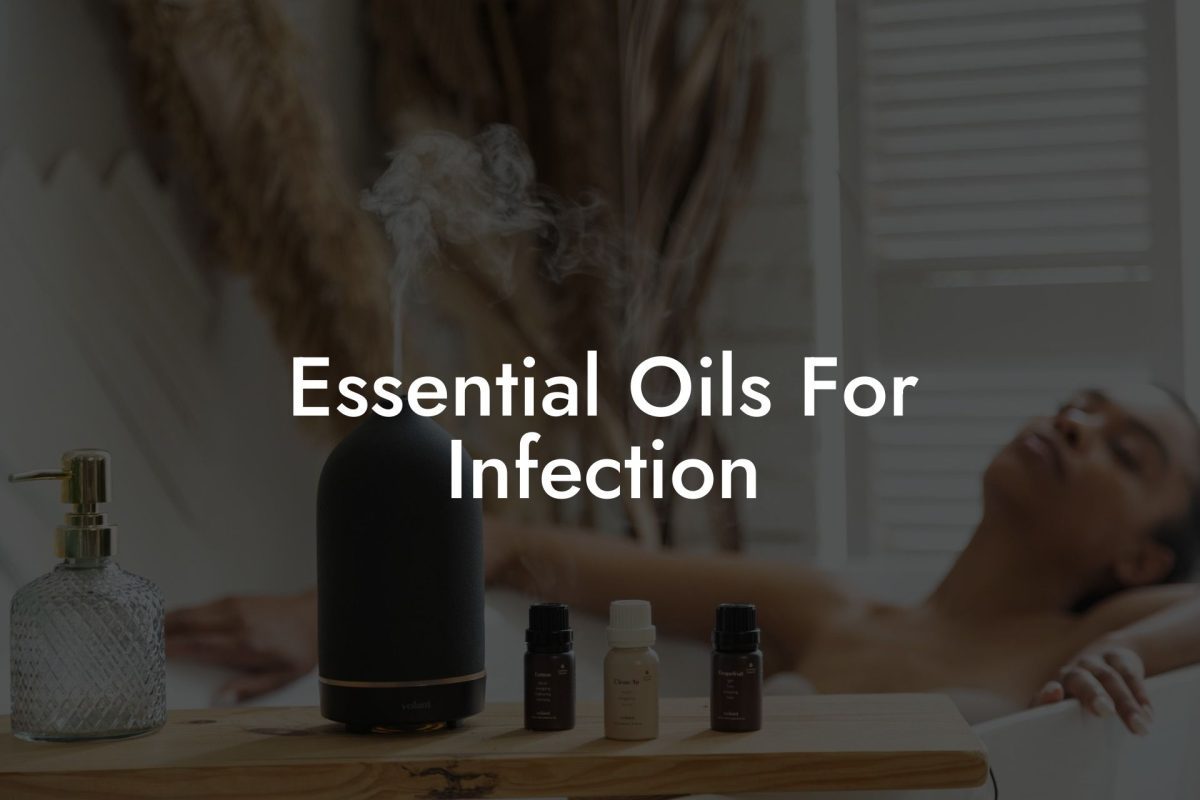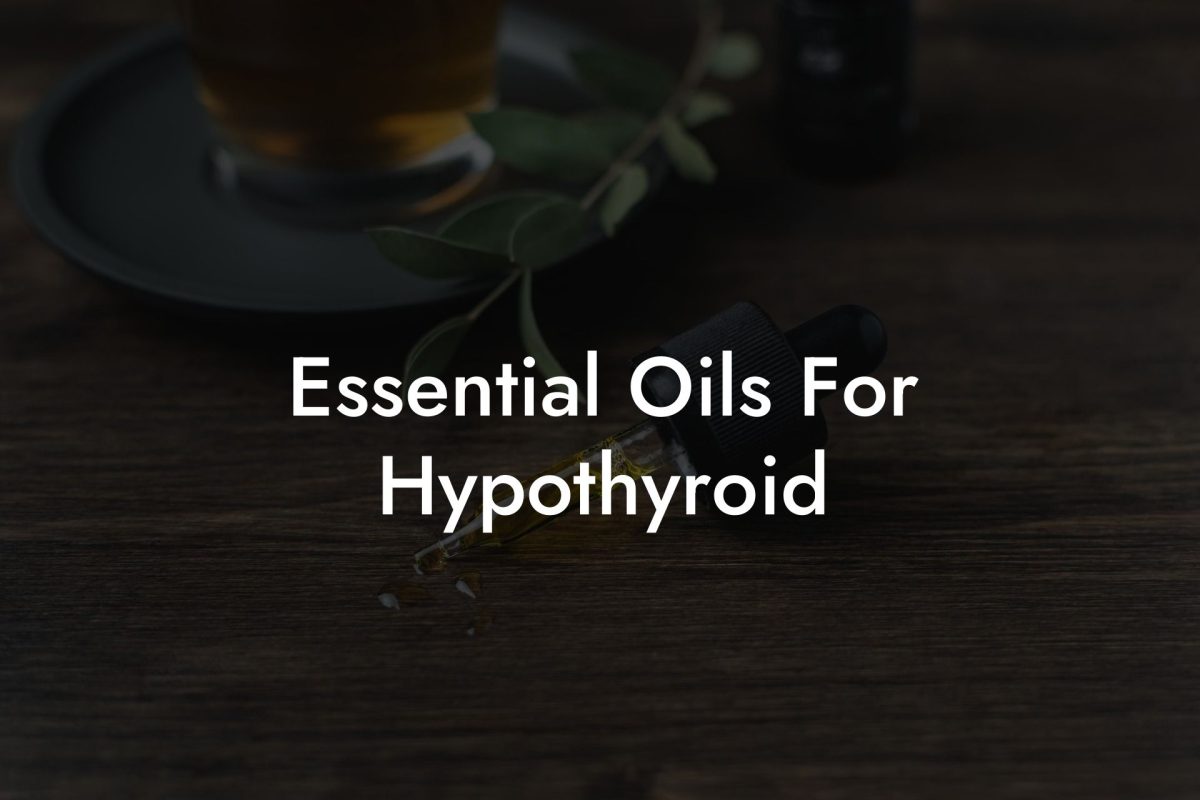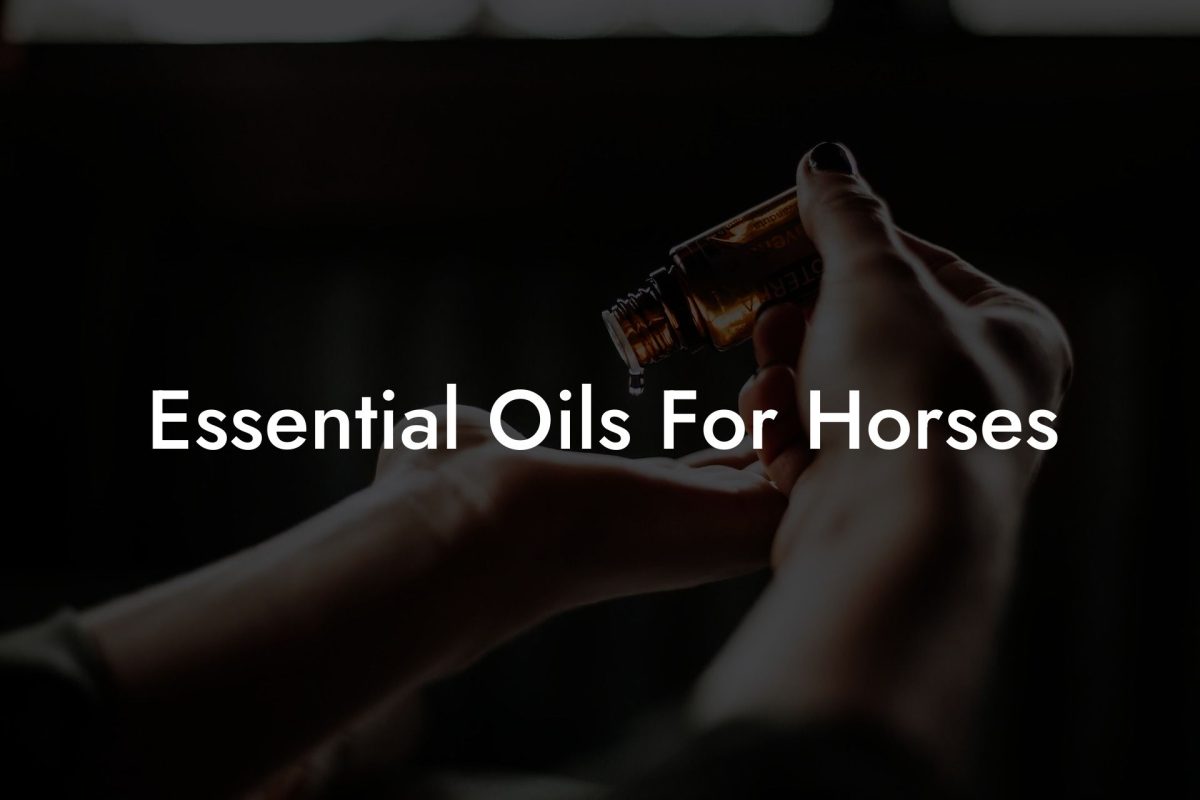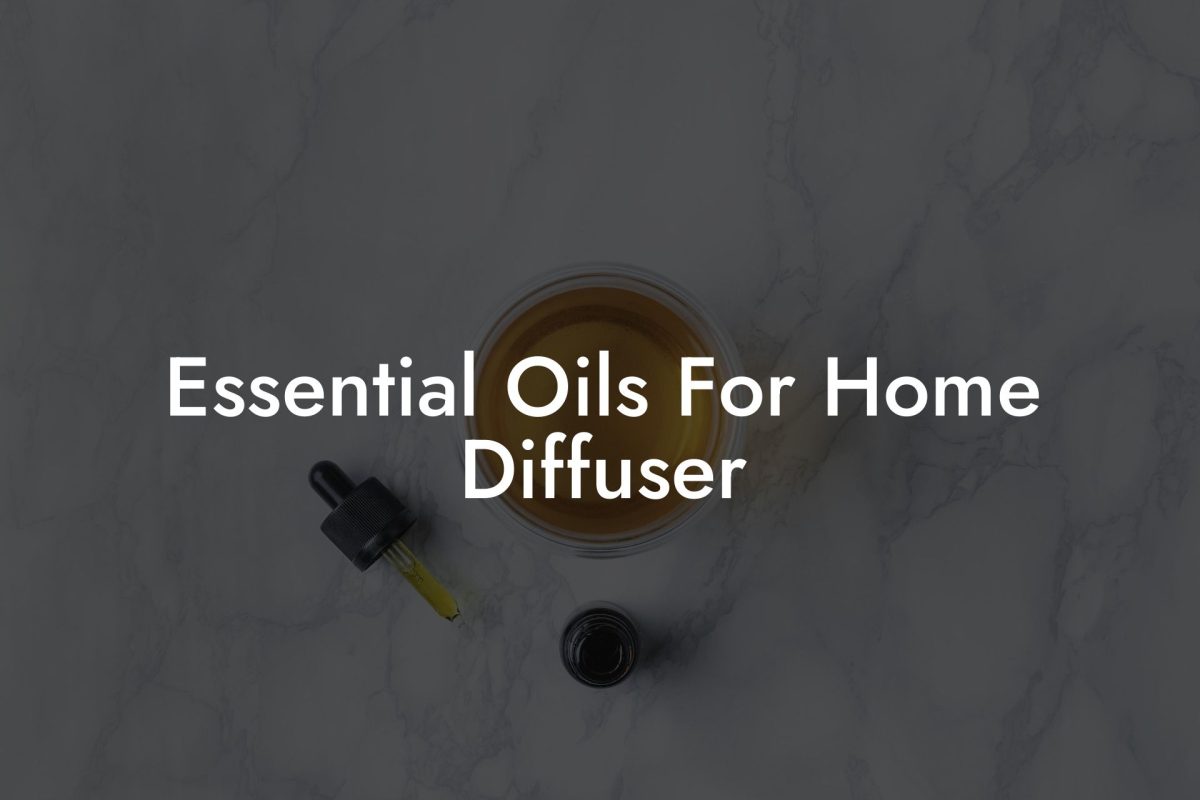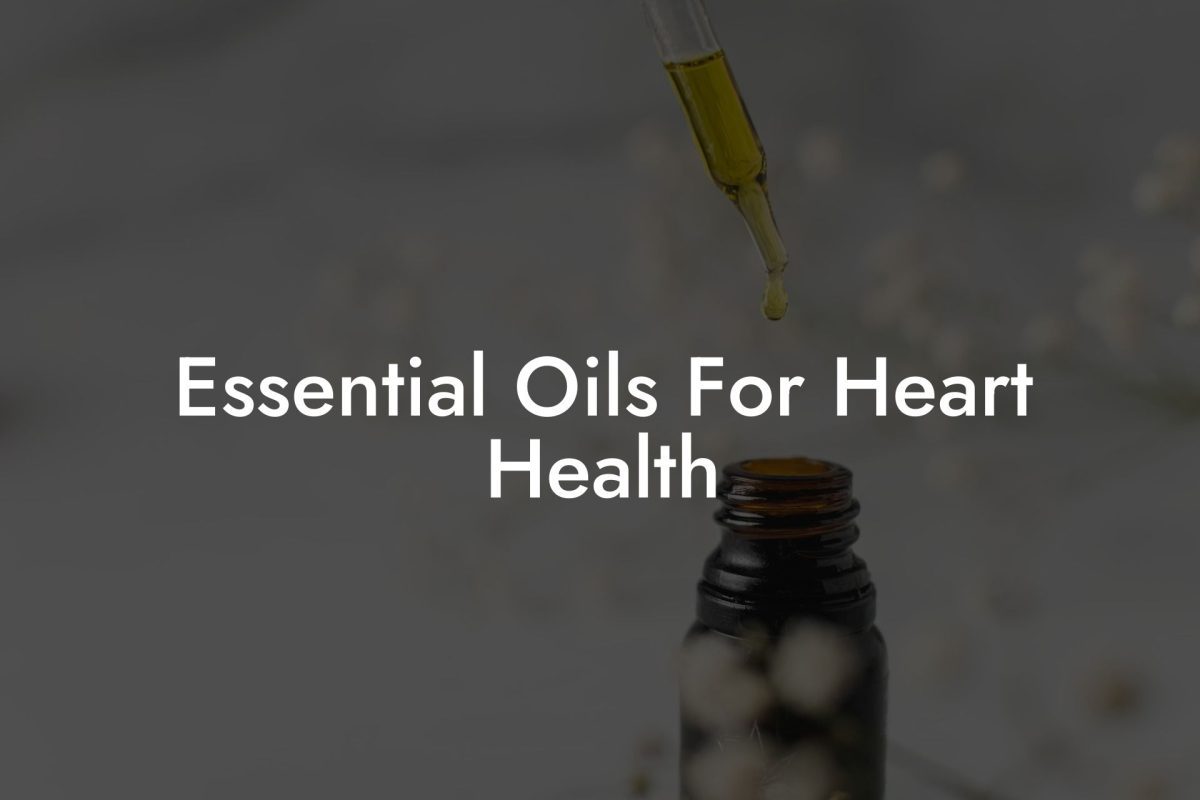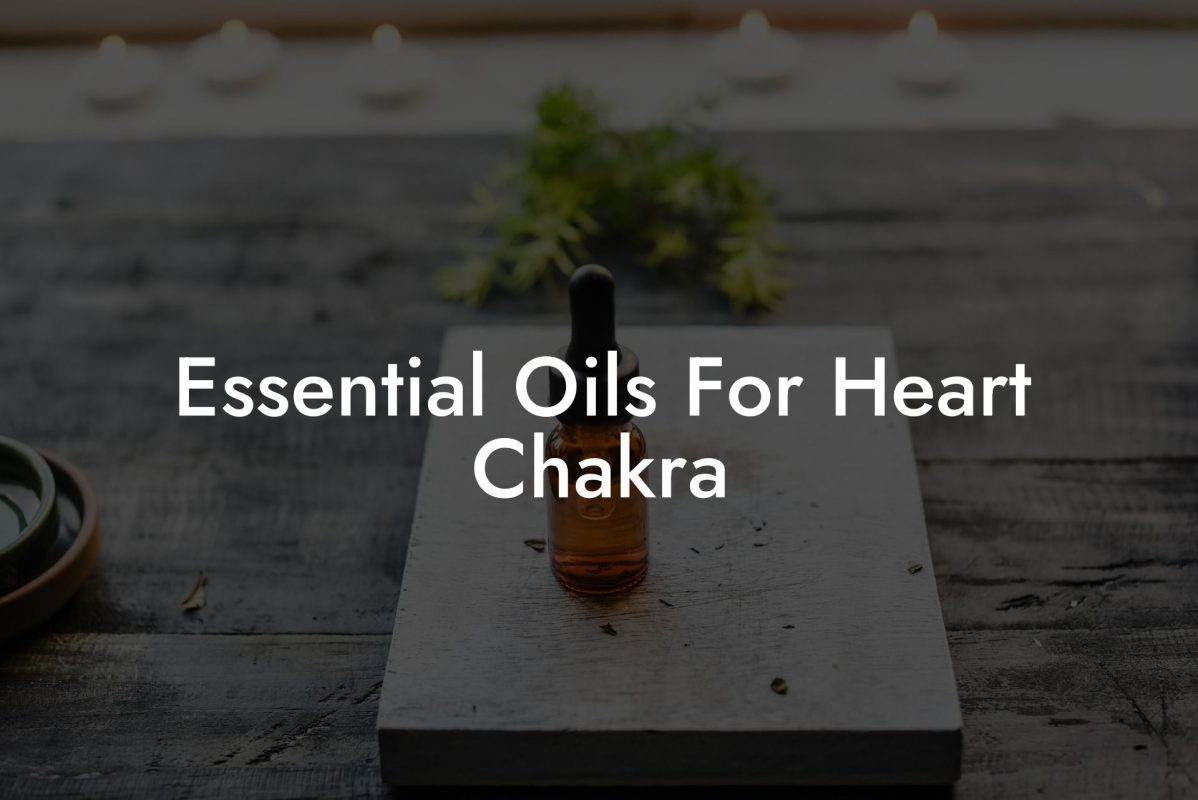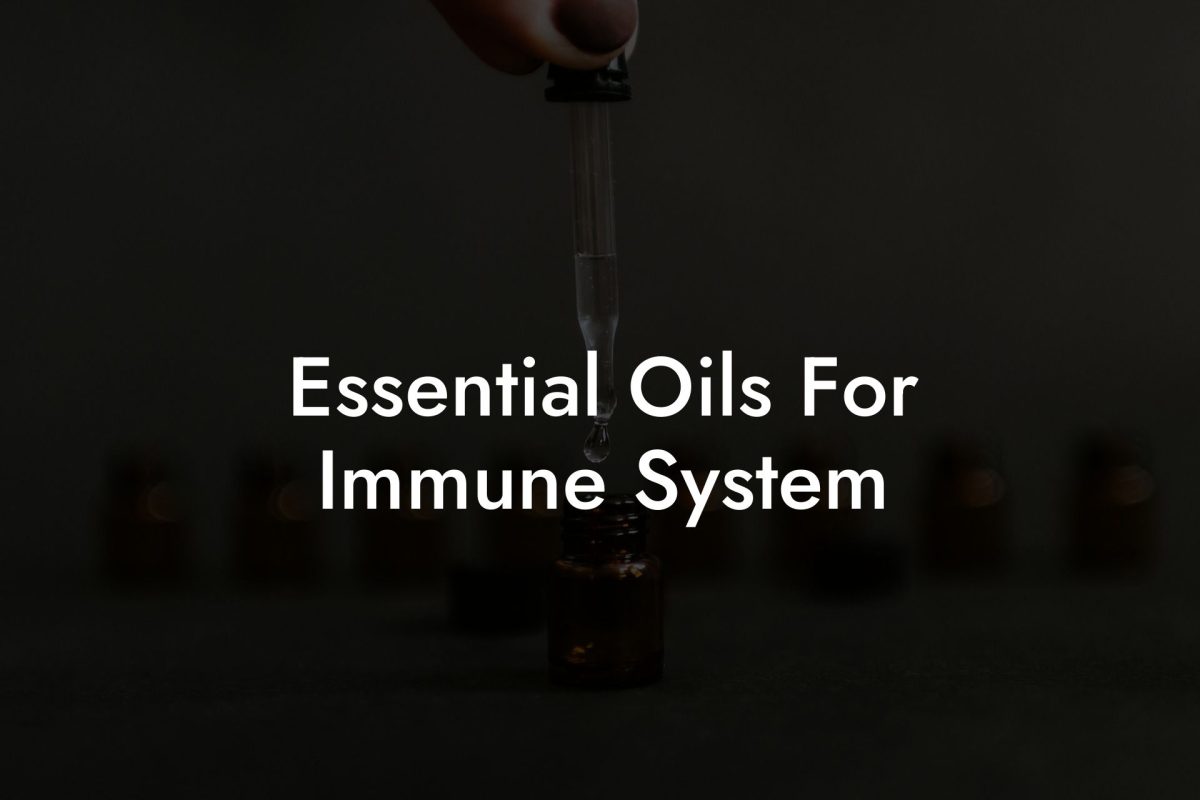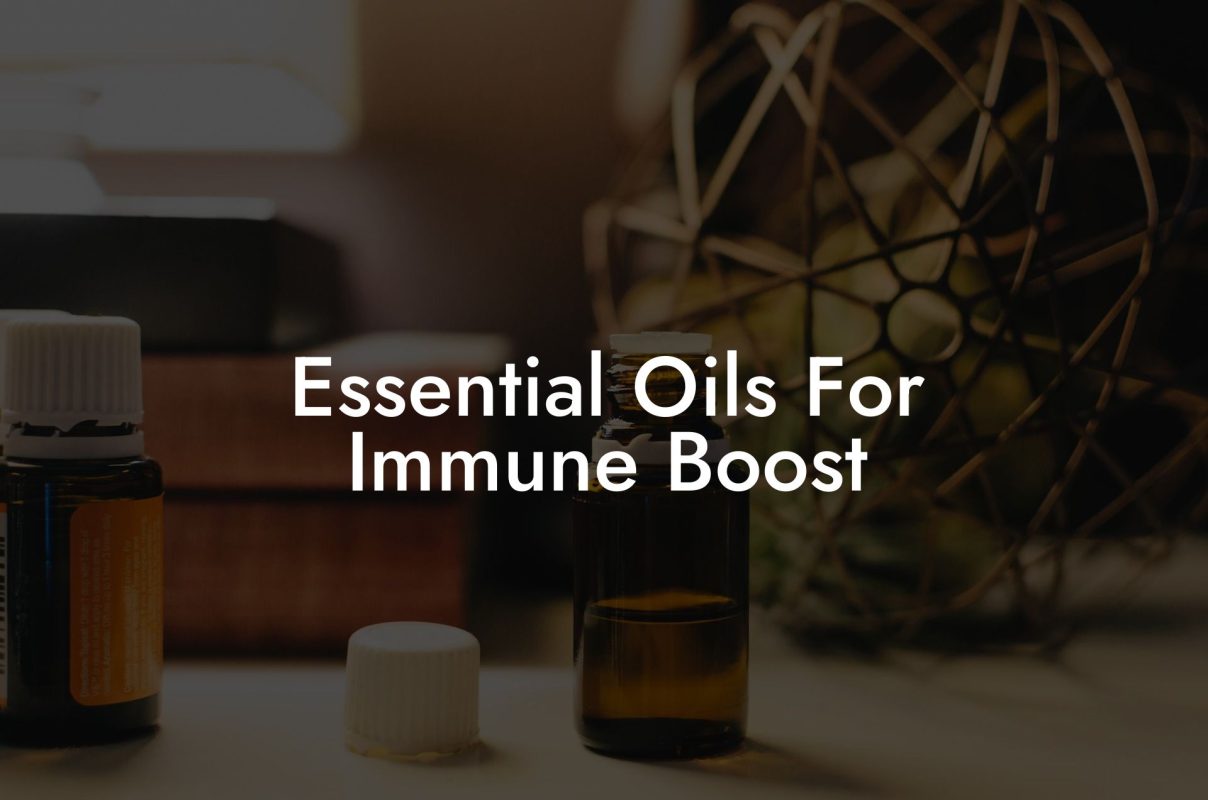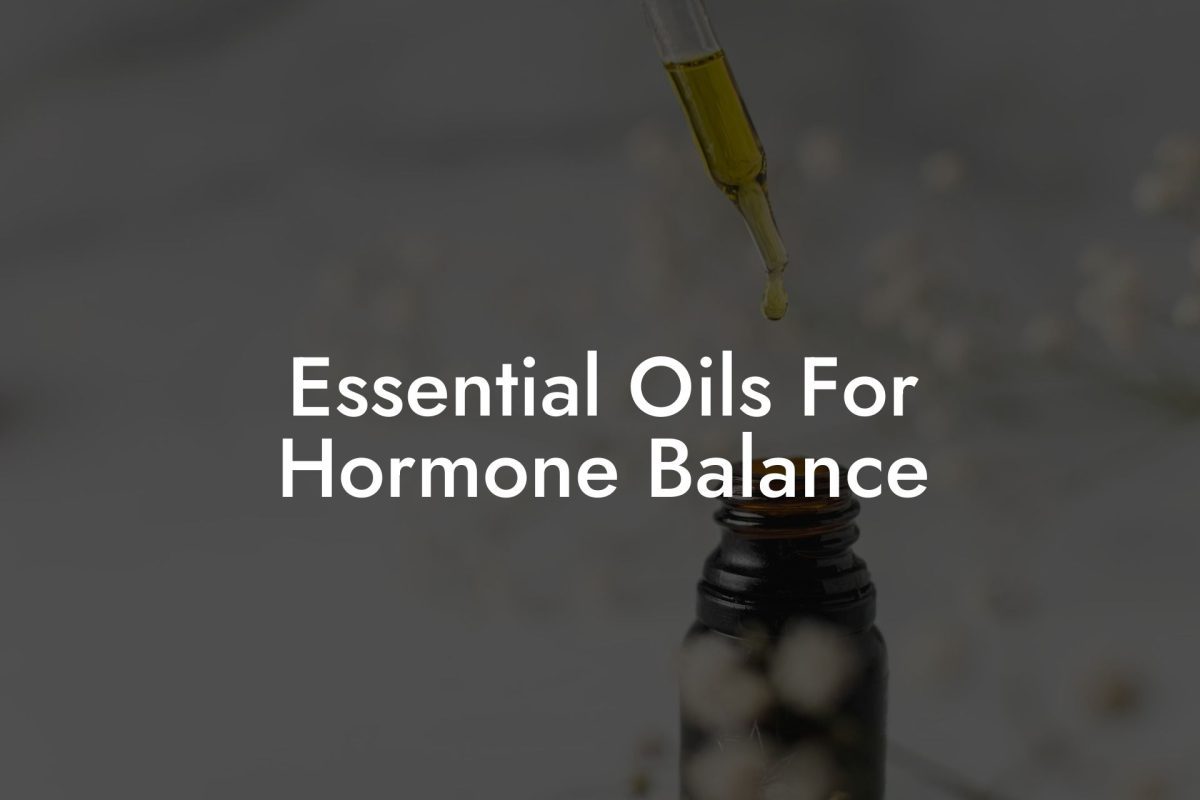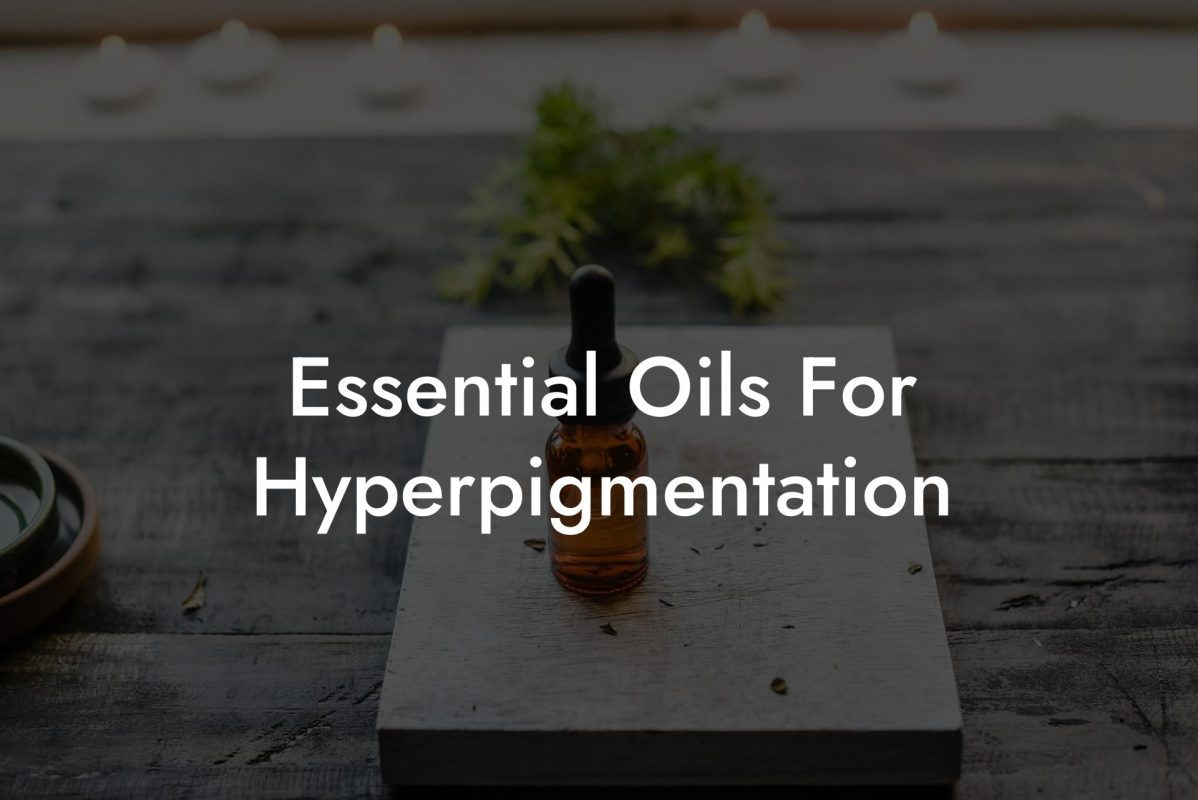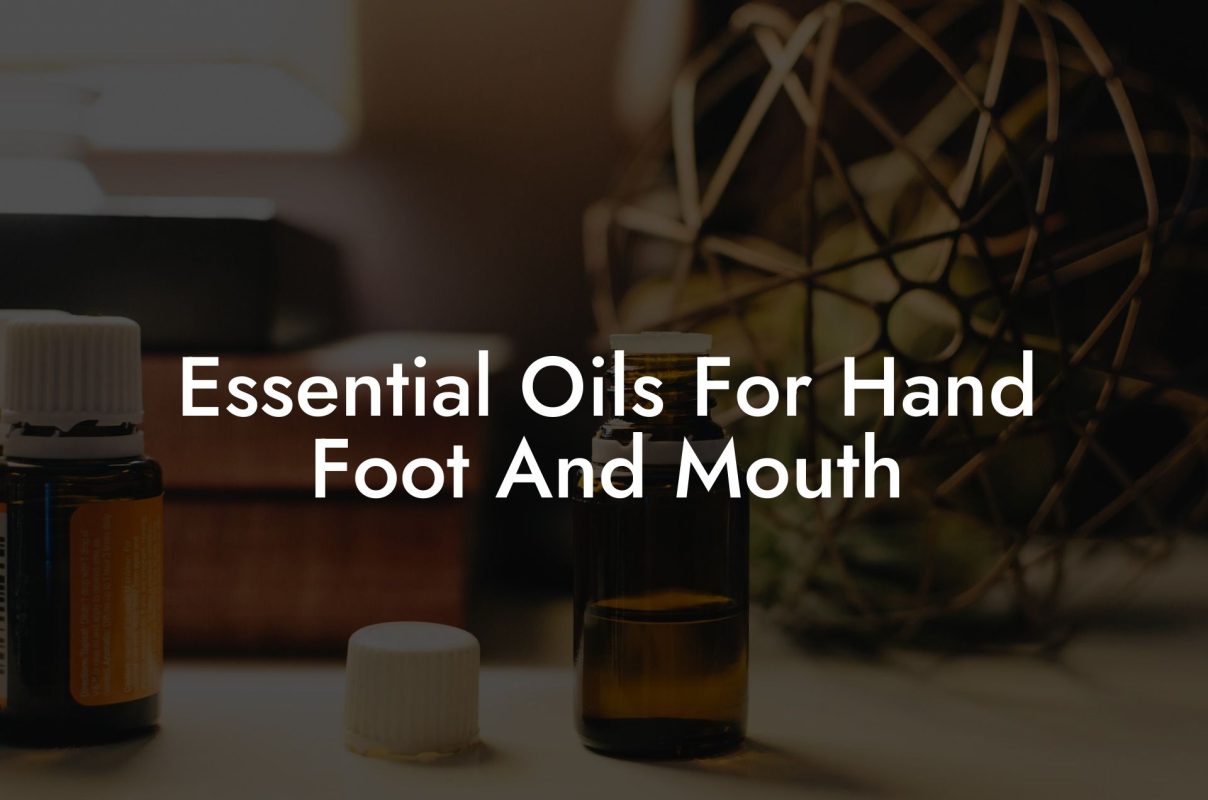Discover the fascinating world of essential oils and their power to enhance your overall well-being. In this comprehensive guide to name essential oils, we’ll delve into the benefits, uses, and safety precautions necessary to confidently incorporate these natural wonders into your daily life.
Table of Contents
What are Name Essential Oils?
Name essential oils are highly concentrated, aromatic liquids extracted from various plant parts, such as flowers, leaves, roots, and seeds. They are often named after the plant from which they are sourced, like lavender, eucalyptus, or tea tree oil. These oils carry the unique essence and beneficial properties of their respective plants and have been used for centuries in aromatherapy, skincare, and natural remedies.
Benefits of Essential Oils
Each essential oil offers specific benefits that may help improve your physical, mental, and emotional well-being. Some common benefits of essential oils include:
- Stress relief and relaxation
- Boosting energy levels
- Improving sleep quality
- Alleviating pain and inflammation
- Enhancing mood and emotional balance
- Supporting the immune system
- Promoting healthy skin and hair
Popular Name Essential Oils and Their Uses
With so many essential oils available, it can be overwhelming to know where to start. Here are some popular name essential oils and their primary uses:
- Lavender: Known for its calming and stress-relieving properties, lavender is often used to promote better sleep, reduce anxiety, and soothe skin irritations.
- Eucalyptus: Recognized for its invigorating scent and respiratory benefits, eucalyptus is commonly used to clear congestion, boost energy levels, and repel insects.
- Tea Tree: Renowned for its powerful antiseptic and anti-inflammatory effects, tea tree oil is often used to treat acne, dandruff, wounds, and fungi-related conditions.
- Peppermint: Refreshing and stimulating, peppermint oil is used for its headache-relieving, digestive aid, and energy-boosting properties.
- Frankincense: With a grounding and balancing aroma, frankincense may help reduce stress, promote healthy skin, and support the immune system.
Safety Precautions and Tips for Using Essential Oils
While essential oils can offer numerous benefits, it’s important to use them safely and responsibly in order to prevent any adverse reactions.
- Always dilute essential oils with a carrier oil, like coconut or almond oil, before applying them to the skin. This helps lessen the risk of skin irritation and sensitivity.
- Avoid ingesting essential oils without guidance from a qualified professional, as some can be harmful when ingested in large quantities.
- Conduct a patch test before using a new essential oil on your skin to ensure no allergic reactions occur.
- Keep essential oils away from children, pets, and open flames.
- Consult with a healthcare professional before using essential oils if you’re pregnant, nursing, or have any pre-existing health conditions.
Name Essential Oils Example:
Picture yourself coming home after a long, stressful day at work. As soon as you step through the door, the calming scent of lavender essential oil diffusing through the air starts to relax your tense muscles and quiet your racing thoughts. Later, as you draw a warm bath and add a few drops of eucalyptus oil, you feel your breathing deepen and your energy levels lift, preparing you for a restful night’s sleep.
Now that you’re well-versed in the world of name essential oils, isn’t it time to experience their abundant benefits firsthand? Feel free to share this informative guide with friends and family who may also be curious about these natural wonders. And don’t forget to explore the complete line of Artisan Essential Earth Oils on Oshu Oils, as well as our valuable resources on essential oils and aromacology, empowering you to take control of your well-being, one soothing waft at a time.

